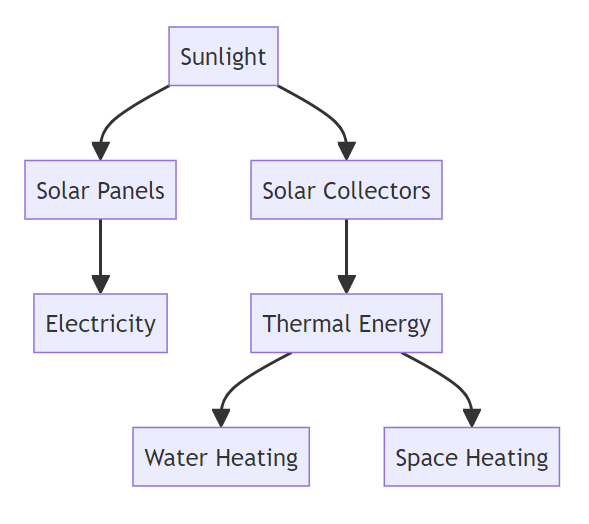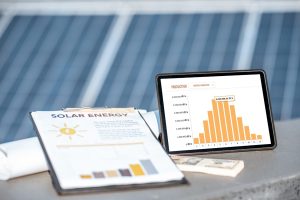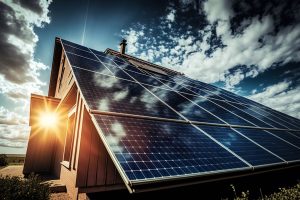
The Importance of Battery Certification
Discover the importance of battery certification for your solar power system. Learn why UL, CE, and CB certifications are essential for safety and performance.
In today’s world, renewable energy sources are becoming increasingly vital as we move towards a more sustainable future. This comprehensive guide delves into various types of renewable energy, providing detailed insights into their mechanisms, benefits, and potential applications. By understanding these energy sources, we can make informed decisions to harness their power effectively.

Photovoltaic (PV) systems convert sunlight directly into electricity using semiconductor materials. These systems are widely used in residential, commercial, and industrial applications due to their scalability and decreasing costs.
Solar thermal systems harness sunlight to produce thermal energy, typically used for heating water or spaces. These systems are highly efficient and can significantly reduce energy consumption in buildings.
Onshore wind farms consist of large turbines placed on land. These turbines convert kinetic energy from wind into electrical power. Onshore wind energy is one of the most cost-effective renewable energy sources available today.
Offshore wind farms are situated in bodies of water, usually on continental shelves. These farms benefit from stronger and more consistent winds, leading to higher energy yields compared to onshore counterparts.
Large-scale hydropower plants generate electricity by utilizing the kinetic energy of flowing water. These plants often involve dams that create reservoirs, ensuring a reliable water supply for energy generation.
Small-scale hydropower systems are designed for localized electricity production, often in rural or remote areas. These systems are less disruptive to the environment compared to large-scale projects and can provide a sustainable energy source for small communities.
Biomass combustion involves burning organic materials such as wood, agricultural residues, and waste to produce heat and electricity. This method is widely used in power plants and industrial settings.
Anaerobic digestion is a biological process that breaks down organic matter in the absence of oxygen, producing biogas and digestate. Biogas can be used for heating, electricity generation, and as a vehicle fuel.
Geothermal energy harnesses heat from the Earth’s interior for direct use in heating buildings, greenhouses, and industrial processes. This method is highly efficient and provides a consistent energy supply.
Geothermal power plants convert geothermal energy into electricity. These plants typically use steam or hot water from geothermal reservoirs to drive turbines connected to electricity generators.
Tidal energy exploits the gravitational forces between the Earth, moon, and sun to generate electricity. Tidal turbines and barrages are common technologies used to capture this energy, which is highly predictable and reliable.
Wave energy harnesses the power of surface waves to generate electricity. Various technologies, such as point absorbers and oscillating water columns, are employed to convert wave motion into usable energy.
Understanding the different types of renewable energy is crucial for developing sustainable energy systems. By leveraging solar, wind, hydropower, biomass, geothermal, and ocean energy, we can reduce our reliance on fossil fuels and mitigate environmental impact. Embracing these technologies will pave the way for a cleaner, more sustainable future.

Discover the importance of battery certification for your solar power system. Learn why UL, CE, and CB certifications are essential for safety and performance.

Discover the truth about solar panels and fire hazards. Learn what causes solar panels to catch fire, how you can prevent it, and what to do in case of a

Discover the truth about solar panels and fire hazards. Learn what causes solar panels to catch fire, how you can prevent it, and what to do in case of a